MSP Practitioner Certification
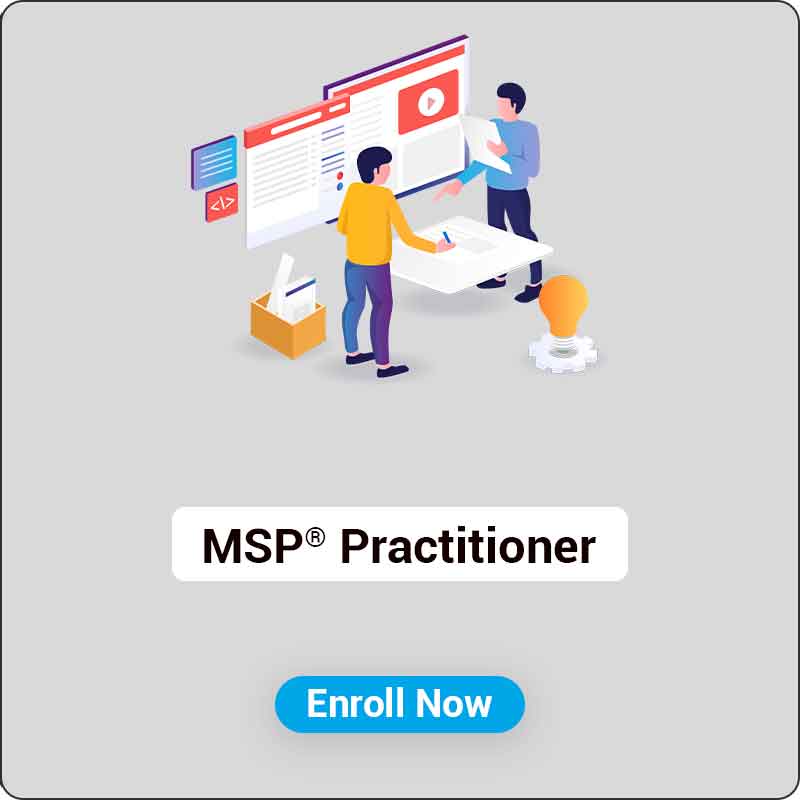
Accredited By
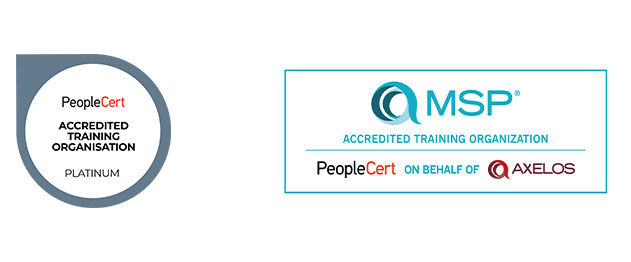
Course Package
Exam Voucher by PeopleCert
Official Training Material from PeopleCert
Official MSP Practitioner E-Book
Highly Experienced & Accredited Instructor
Live Instructor-Led Sessions
Real Life Examples & Case Studies
Lifetime LMS Access
K-Prime Warranty
Exam Voucher by PeopleCert
Official Training Material from PeopleCert
Official MSP Practitioner E-Book
Highly Experienced & Accredited Instructor
Live Instructor-Led Sessions
Real Life Examples & Case Studies
Lifetime LMS Access
K-Prime Warranty
Target audience
All individuals from beginner – senior level, who are responsible and accountable for the management of IT Services in any organisation and most commonly include the below (but not limited to) designations:
-
Program Managers
-
Project Managers
-
Senior Executives and Managers
-
Program Team Members
-
Consultants and Advisers
Pre-requisites of MSP Practitioner Certification Training
Before sitting the Practitioner exam, you must first pass Foundation
Exam and Certification information
-
Exam Type: Multiple Choice Questions (MCQs) and Scneraio based exam.
-
No. of Questions: 70
-
Exam Duration: 2.5 hours (150 minutes)
-
Pass Marks: 42 out of 70
-
Exam Type: Open Book
MSP Practitioner Certification Journey
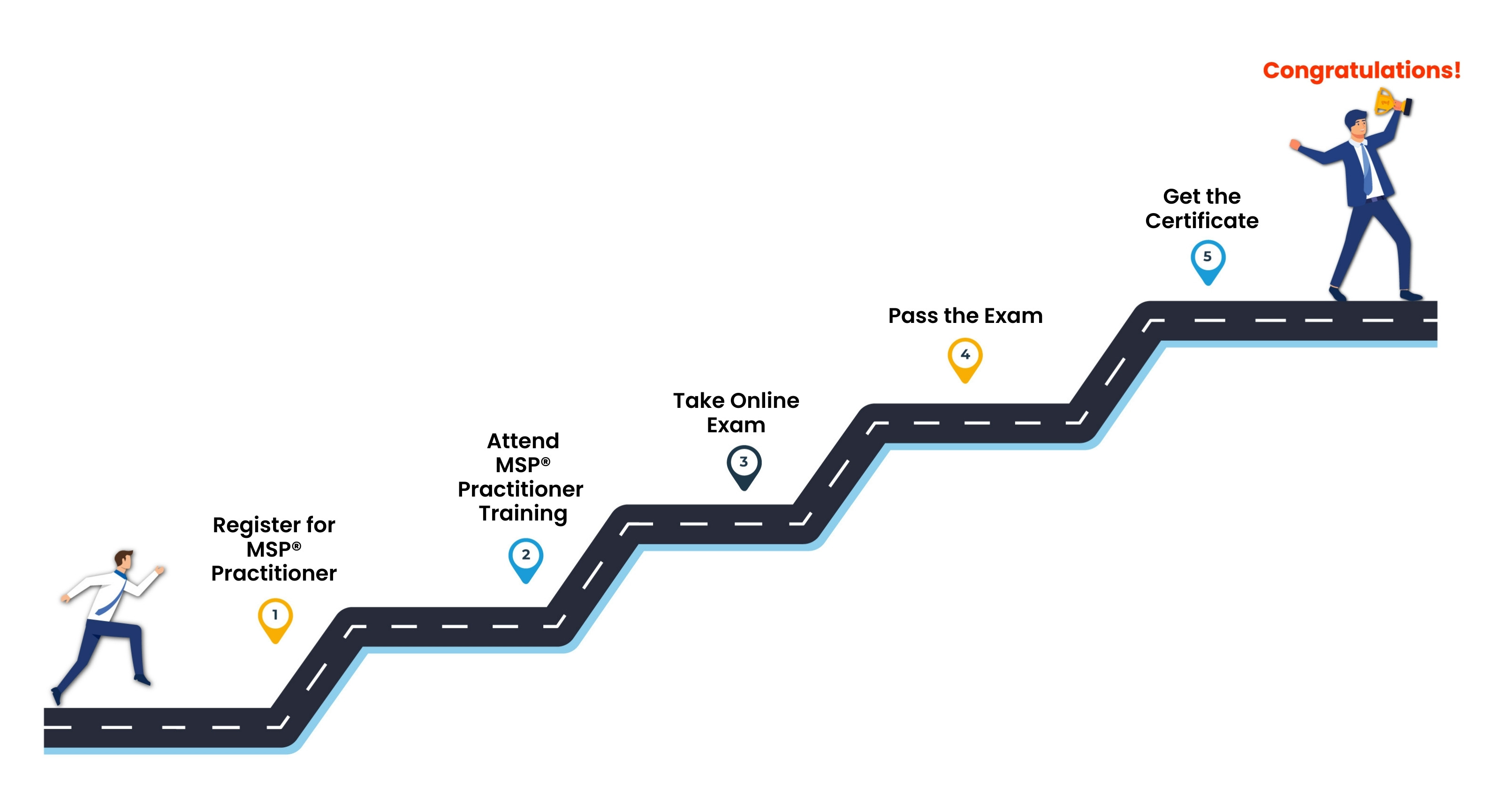
Course Outline
- Recap of MSP Foundation Syllabus
- Organization and leadership
- Vision
- Blueprint design and delivery
- Planning and control
- Business case
- Risk and issue management
- Quality and assurance management
- Stakeholder engagement and communication
Why Knowlathon







Frequently Asked Questions.
The MSP Practitioner Certification is an advanced level qualification aimed at professionals who wish to showcase their ability to apply MSP principles, themes, and the transformational flow in real-world situations. It builds upon the knowledge acquired in the MSP Foundation certification and emphasizes practical application.
MSP (Managing Successful Programmes) is a globally recognized framework created by AXELOS to manage complex program scenarios. It offers best practices, principles, and governance structures to ensure the successful delivery of multiple interconnected projects within a program. MSP is widely adopted in both the public and private sectors to help organizations achieve their objectives through effective management of transformational change.

-compressed.jpg)
.jpg)


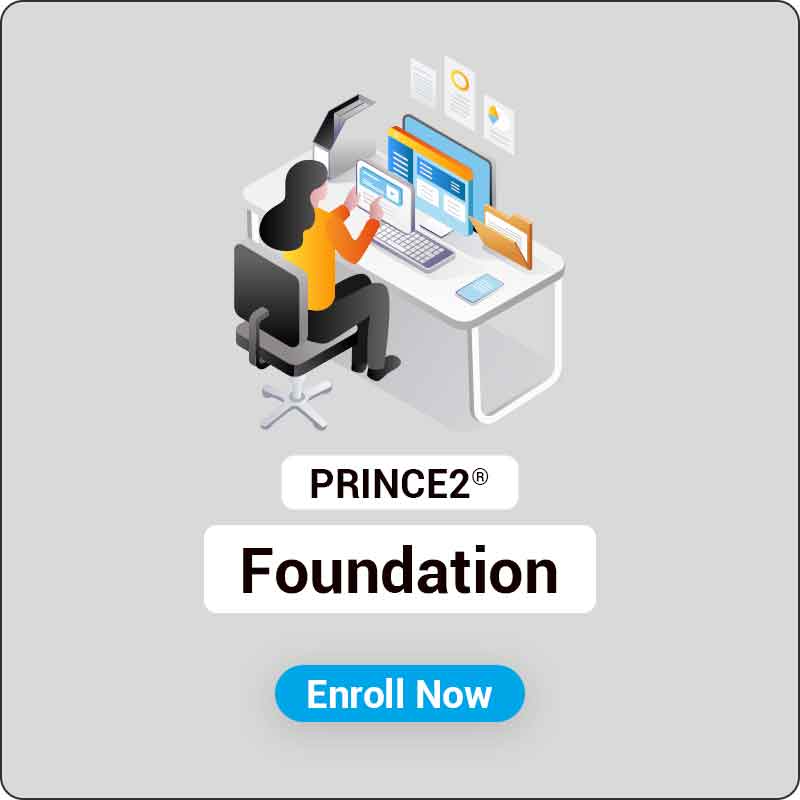



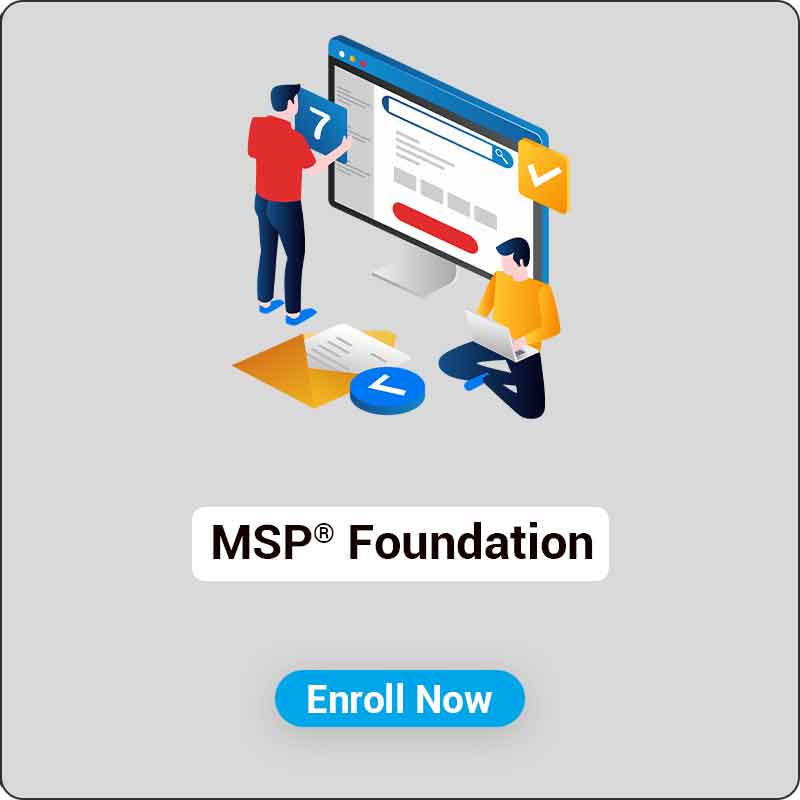


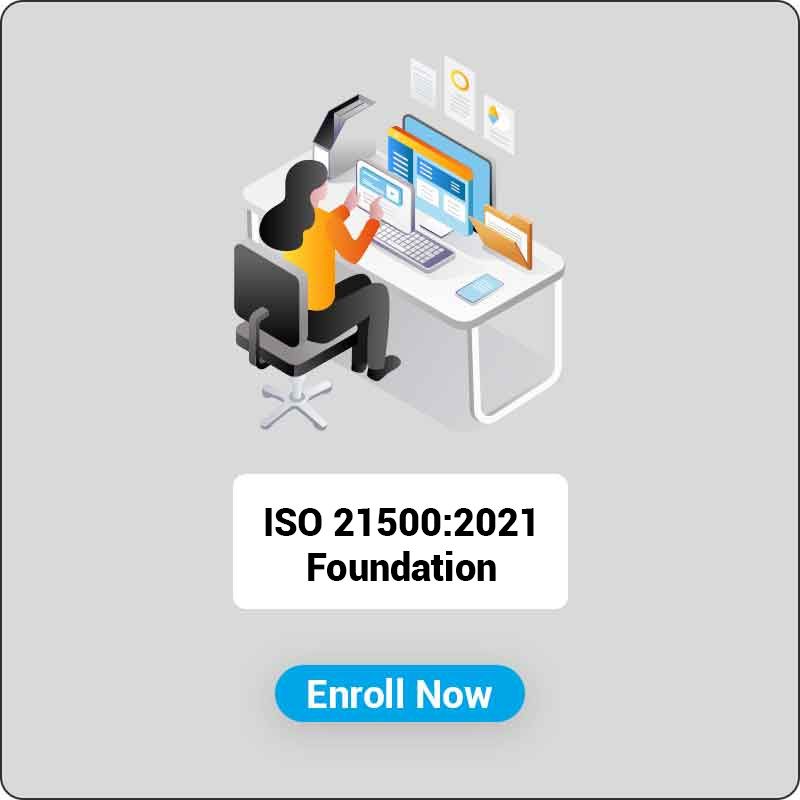

Student feedback
Reviews